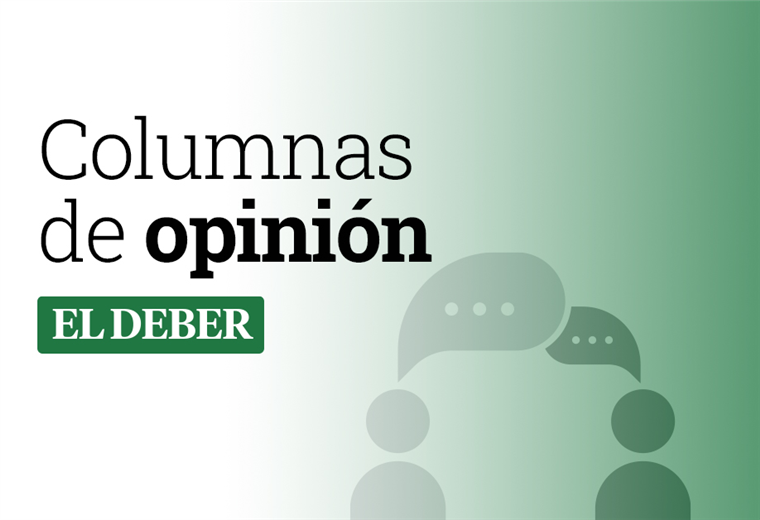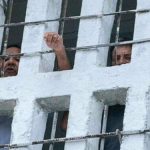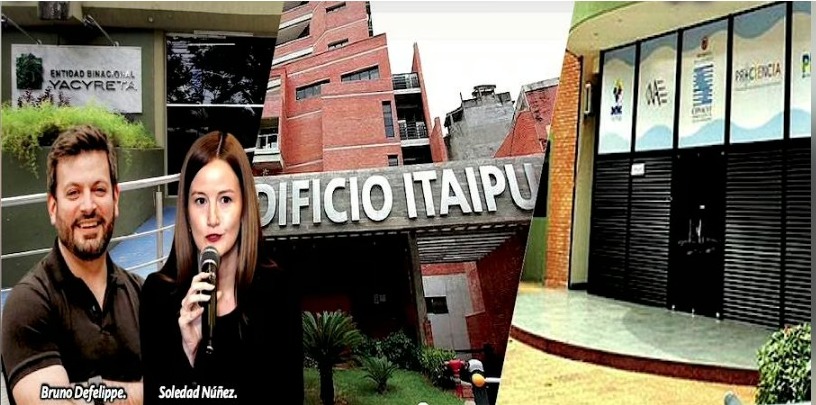April 4, 2023, 4:00 AM
April 4, 2023, 4:00 AM
Governing is difficult and governing Bolivia, even more difficult. A plural and diverse country and at the same time polarized, divided, confronted and confronted between different social forces that, for the most part, struggle to capture the rents from state extractivism, while other sectors feel trapped and trapped in an environment that prevents them from projecting themselves towards modernity and, therefore, does not let them progress and prosper. Despite how difficult the circumstances are, those who govern have the responsibility to face the problems and seek solutions with clear public and communication policies to provide peace of mind to the population and thus guarantee peace and social stability.
It is not what we are seeing in Bolivia in recent weeks. Faced with the economic difficulties caused by the lack of foreign currency to meet import needs, payments for services abroad, and public demand, the country’s main economic authorities have oscillated between denying the problems, trying to minimize them, or simply keep silence.
It is a very dangerous bet. The economy is based on the confidence of economic actors, citizens and companies, in the stability and solvency of economic and financial institutions. Public opinion is fragile and sensitive, and in the era of digital communications, information, both true and false, spreads and multiplies at a speed that exceeds communication strategies, worse still, in government spheres, in which palatial environments lose contact with everyday reality and tend to avoid showing their faces so as not to become fuses or wear themselves out in media controversy.
Different studies, including some economists who won the Nobel Prize, have verified that the expectations of the population are transcendental for the definition of consumer decisions. If confidence prevails, they will tend to consume goods and services, take long-term loans, and invest. If, on the contrary, uncertainty prevails, economic transactions will be limited by the natural reaction of people and companies to protect their heritage and assets, thus generating a circle of pessimism that leads to economic contraction. Trust is an asset that takes years to forge and can be lost very quickly.
Although, on many occasions, the narrative and the public resources that are invested in its dissemination can have a great impact on public opinion, a basis of reality is always needed so that it can permeate and be sustained. This is what happened between 2006 and 2014, a period in which the boom in raw materials allowed the successive administrations of the government of Evo Morales to convince public opinion that there was a boom as a result of his statist economic model. Although in reality the causes were other, in fact the majority of the population increased their levels of income and consumption, which gave credibility and support to government propaganda.
The current situation is very different. The facts refute the story and no matter how much state advertising and digital warriors are used, it will not be possible to convince those who cannot get the foreign currency they need to import and maintain their businesses that there are no problems and that everything is fine. operating, to those who cannot produce because those who provide them with their inputs cannot import them in a timely manner, or to those who want to have foreign currency facing a kind of rationing in their allocation.
We are facing a typical situation in which the facts trump the story and continuing to deny reality or keeping silent so as not to wear down the government’s image is no longer enough. In general, the population is being very prudent, since the majority feel is to hope that the country can overcome the current problems of the national economy. Governing is deciding and communicating, the Government must respond to the caution of the population by adopting the necessary decisions to address the root causes of the problems and communicate them clearly so that public opinion knows how the new situation in the country will be dealt with.


















